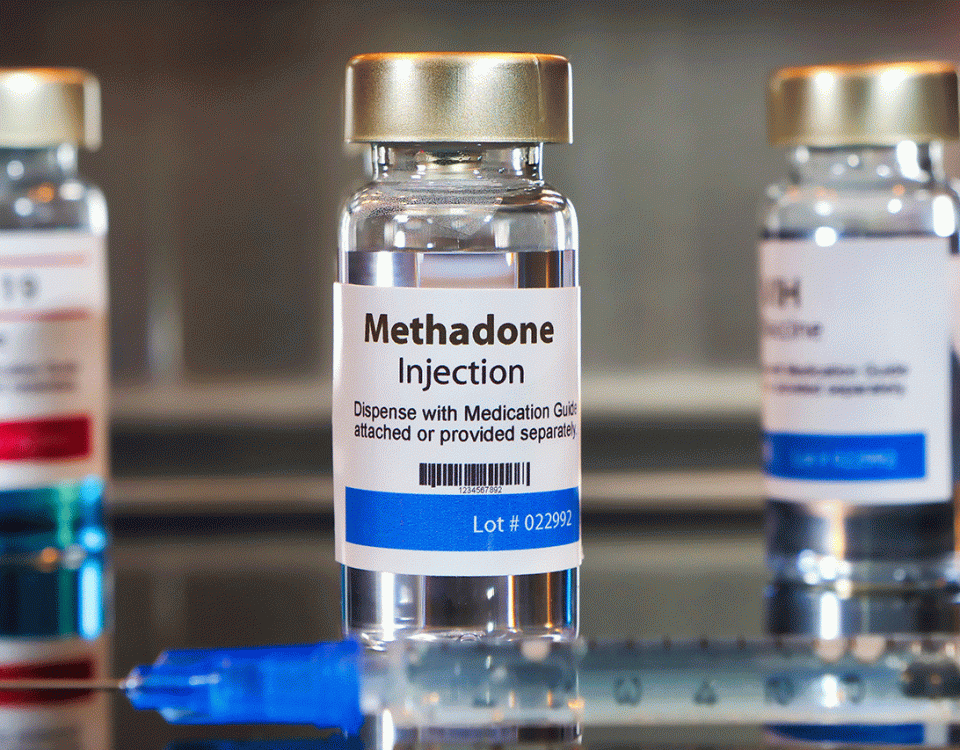Alcoholism is a widespread epidemic that impacts the lives of so many individuals and their loved ones on a daily basis. Oftentimes, those who are addicted to alcohol do not even realize they have a problem and are in denial when it comes to their drinking. An intervention may be needed to help this individual realize that addiction is present and that they need professional help to overcome it. Once you are ready to take this step and get the help you truly need, you are so much closer to a healthier life. Overcoming alcoholism is possible with professional care and treatment, as well as the desire to change your behaviors. Banyan Treatment Centers Philadelphia understands the importance of individualized care when treating alcohol addiction and works to provide that to our patients.
The Effects of Alcohol Abuse
Before we explain how to overcome an addiction to drinking, it is important to understand the very real risks involved with abusing this substance. It is also worth noting that not all symptoms will immediately present themselves and may affect a person in the long run instead.
Short-term effects of alcohol abuse include:
- Impaired coordination and judgment: These increase the risk of accidents and injuries.
- Dehydration, nausea, and vomiting: These can lead to health issues and electrolyte imbalances.
- Mood swings, aggression, and irritability: Such moods and behaviors can result in conflicts with others.
- Memory loss and blackouts: Situations like this can lead to risky behavior and dangerous situations.
- Alcohol poisoning: Drinking more alcohol in one session than your body can filter out of your blood can cause alcohol poisoning, which can be a life-threatening emergency requiring immediate medical attention.
Long-term effects of alcohol abuse can include:
- Fatal liver diseases: Liver diseases can include such conditions as cirrhosis.
- Cardiovascular diseases: Heart-related diseases can include high blood pressure, heart attacks, and strokes.
- Cancers: Types of cancers that can form from alcohol abuse can include gastrointestinal, breast, liver, and other cancers.
- Neurological damage: The nerve damage alcohol can cause includes both cognitive impairment and brain shrinkage.
- Mental health problems: Someone's mental health, including depression and anxiety, can form or worsen with alcohol abuse.
- Alcohol addiction: An alcohol use disorder can result in dependency and, later, when attempting to quit, withdrawal symptoms.
If someone is presenting any of the symptoms listed above, it could be a sign that they need help. It may seem like an overwhelming process, which is why it keeps some people from seeking it out. The reality is that, with the support of our Philadelphia drug rehab, patients can focus on overcoming alcoholism safely and efficiently.
Detox for Alcohol Addiction
Recovery is a gradual process. It’s not as easy as deciding to put down the drink for good one day. Detoxification is a crucial step for individuals struggling with alcohol addiction. It entails the process of eliminating alcohol and other harmful substances from the body. This is typically overseen by healthcare professionals to manage the withdrawal symptoms that arise when an individual ceases drinking. These symptoms may include sweating, nausea, tremors, anxiety, seizures, and other conditions. The primary objective of a well-structured detox program is to ease these symptoms and guarantee the individual's safety and comfort during this crucial phase of alcoholism recovery.
Detox for alcohol addiction can be conducted in a rehab facility, hospital, or detox center, and it may involve medication administration to control cravings and withdrawal symptoms. The detox period usually lasts between three and seven days, depending on the individual's level of alcohol dependence. It is essential to seek further treatment, which can include therapy, counseling, and/or participation in a support group, to maintain sobriety and prevent relapse after detox. In conclusion, detox is a critical initial step toward achieving sobriety, which is a lifelong process. Because of the importance of taking this first step, detoxes should be meticulously planned, appropriately supported, and overseen by professionals.
Individualized Treatment Program
A PHP or IOP treatment option combines the clinical approach to alcohol treatment with unique therapy that’s individualized to meet the needs of each person struggling. During treatment, patients can expect to learn relapse prevention techniques, as well as develop effective coping skills that will be beneficial once they transition back into everyday life. A customized treatment program allows individuals to identify triggers and learn the skills needed to maintain ongoing sobriety. Recovery from alcoholism is possible with the appropriate medical care and support from our rehab in Philadelphia.
If you or a loved one is struggling with alcoholism, get the help you need today. Our alcohol and drug rehab in Langhorne, PA, can help you regain control. Call us at 888-280-4763.
Related Reading









